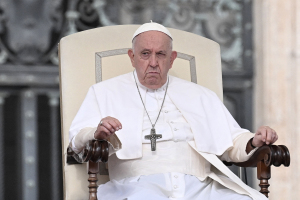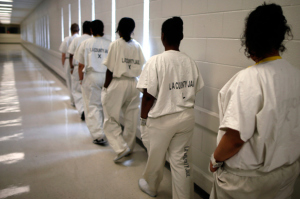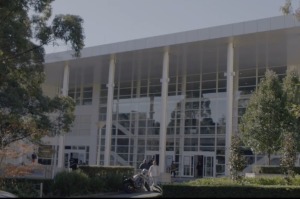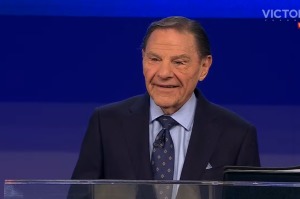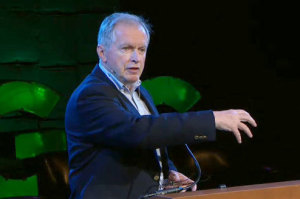'Antiracists are the new racists': Black civil rights veteran Bob Woodson slams CRT
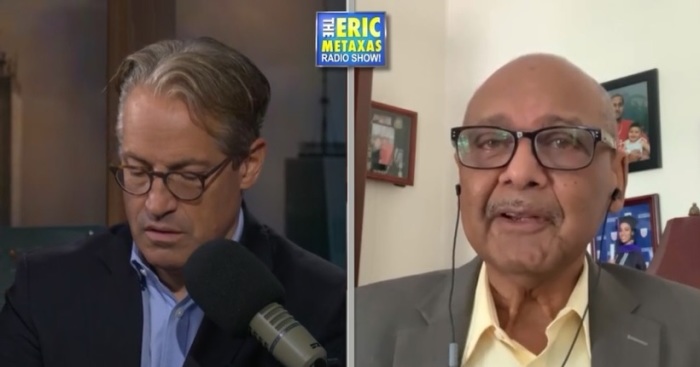
Distinguished African American civil rights activist Bob Woodson recently expressed his opposition to critical race theory, arguing that the ideology in question is "racist" in nature.
In an interview with conservative Christian author and radio host Eric Metaxas posted online Wednesday, Woodson discussed his issues with CRT and its proponents.
Woodson, who spent years coordinating community development programs local and national organizations, including the NAACP, said that the "so-called antiracists are the new racists."
“Let’s be very clear,” said Woodson. “They are propagating a theory that harkens back to the days of racism, where they are saying that we should not be judged by the content of our character, but by the color of our skin.”
He said that the arguments of CRT were an "esoteric debate on campuses for many years."
"But then after the George Floyd and other incidents, the radical left has migrated it into the public domain and using it now as an instrument to attack American whites, attack democracy," he added. "It’s being used as a pervasive strategy to really undermine the values and principles of the nation.”
Metaxas concurred, saying that CRT proponents are “trying to get people to think racially,” compelling people to think more in terms of racial identity than individual identity.
“It makes you look through the lens of race, which you and I know as Christians, as Americans, we know that that’s wrong no matter where it goes, no matter where it’s coming from,” Metaxas told Woodson.
“There’s something unhealthy about it, and it undermines our unity as Americans. It undermines our unity as believers. … What’s wrong with Critical Race Theory? The first thing I would say is that it encourages people to think about race more and not less.”
Woodson described CRT as “destructive to all Americans,” but especially for African Americans because it tells them that “personal responsibility has no role in our future.”
Despite being opposed to CRT, Woodson disagreed with the plans of some lawmakers and others to censor the ideology, believing that debate and dialogue were better alternatives.
“The pushback from that is not to ban it,” continued Woodson. “The best disinfectant is sunshine. So what we should do is challenge those who are propagating this destructive theory to prove how does it improve the quality of life of the people.”
“How does it improve the quality of life? Does it increase performances in schools? Does it promote the kind of unity that we need to address the problems confronting America?” he asked.
Born in Philadelphia in 1937, Woodson became active in the civil rights movement and community development efforts. He graduated from the University of Pennsylvania in 1965 and served with the National Urban League in New York City the early 1970s. From 1974 to 1981, Woodson was a resident fellow at the American Enterprise Institute. He also directed the Neighborhood Revitalization Project in Washington, D.C.
He founded the National Center for Neighborhood Enterprise in Washington, D.C, which was re-christened the Woodson Center in 2016. The center seeks to empower indigenous leaders in troubled neighborhoods to increase public safety, spur upward mobility and inspire racial unity in America.
In March, Woodson penned an op-ed arguing that the "Civil Rights Movement of which I was proudly a part has been betrayed by a twisted progressive ideology that hyper-racializes our country."
"It divides our country into two groups: on the one side, blacks and other minorities who are permanent and powerless victims; and on the other irredeemable white supremacists, bent on their destruction," he warned. "Instead of helping to create a society in which all have an equal opportunity to thrive, it insists that systemic racism prevents anyone except 'privileged' whites from succeeding."
Critical race theory drew its origins to the 1970s when academics and other intellectuals sought to explain the apparent loss of momentum of the 1960s civil rights movement.
By and large, CRT proponents came to believe that the fundamental institutions of the United States were inherently and pervasively racist and geared towards defending white elites.
Notable intellectuals of the movement include Kimberlé Williams Crenshaw, Richard Delgado, Charles Lawrence III and Mari Matsuda, who in 1993 co-wrote a book titled Words That Wound: Critical Race Theory, Assaultive Speech, And The First Amendment.
In the introduction of the 1993 book, the CRT proponents explained that their views were “[b]orrowing from and critiquing other intellectual traditions,” among them Marxism, feminism, postmodernism, and liberalism.
“Our work presented racism not as isolated instances of conscious bigoted decision making or prejudiced practice, but as larger, systemic, structural, and cultural, as deeply psychologically and socially ingrained,” they explained.
CRT has been criticized by many, especially conservatives, under the accusation that the movement wrongly vilifies the U.S. and is more racially divisive than informative.
Many school boards have debated proposals to add CRT-inspired materials to the curriculum, while some state legislatures have advanced measures to ban CRT from classrooms.
















